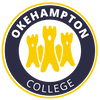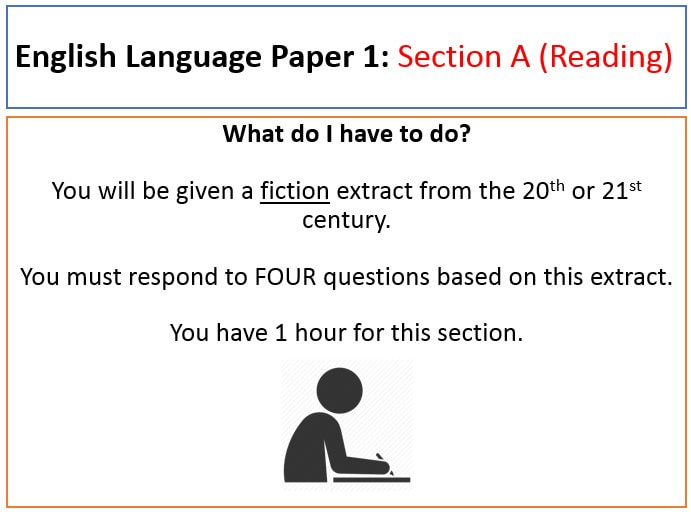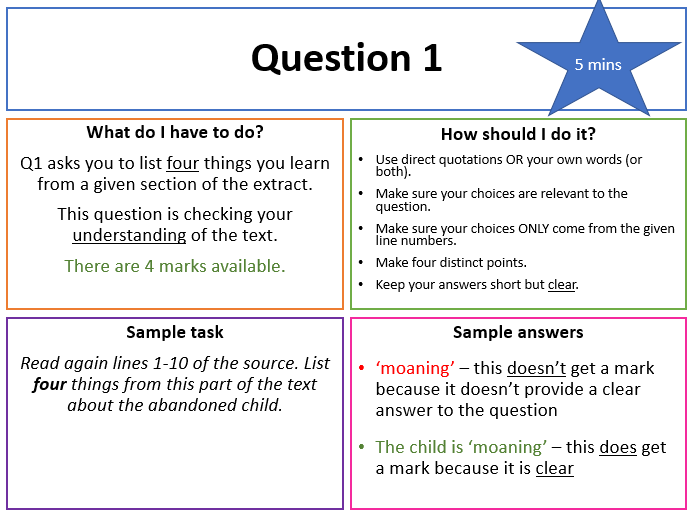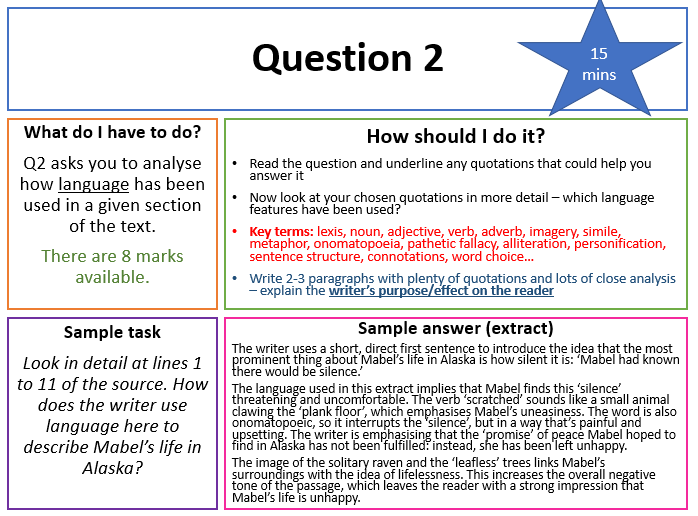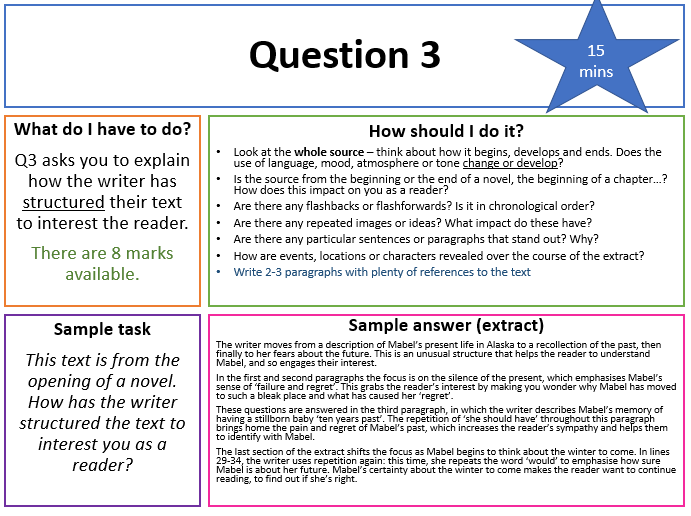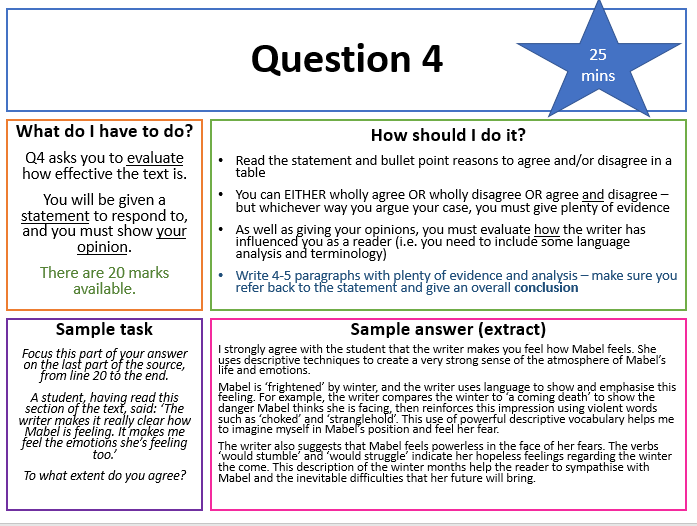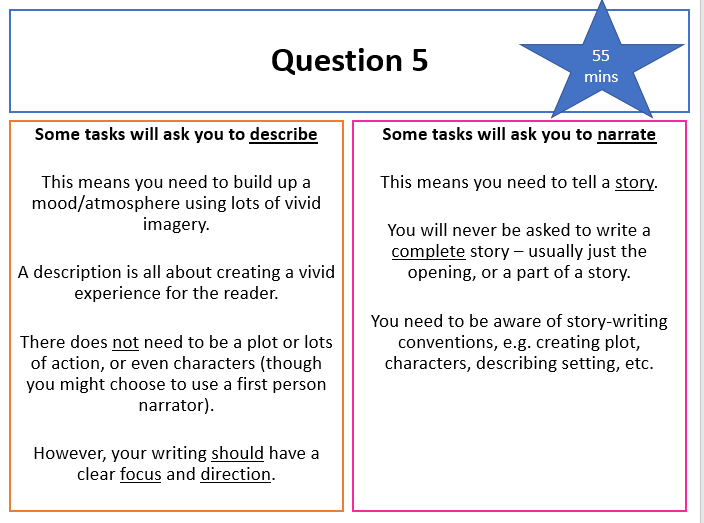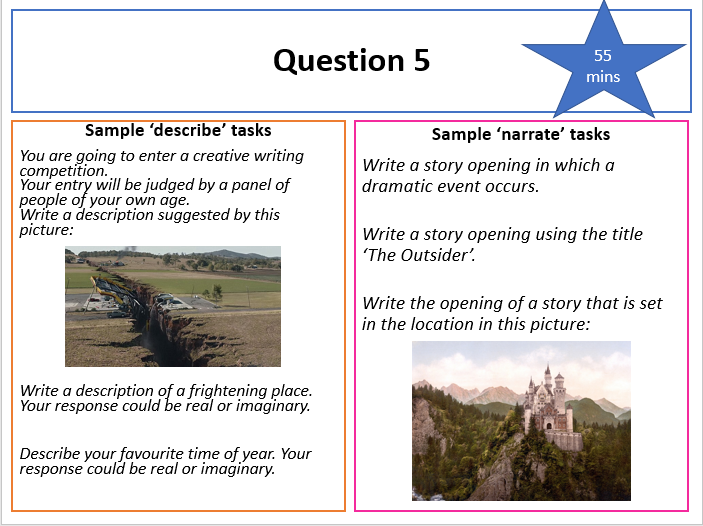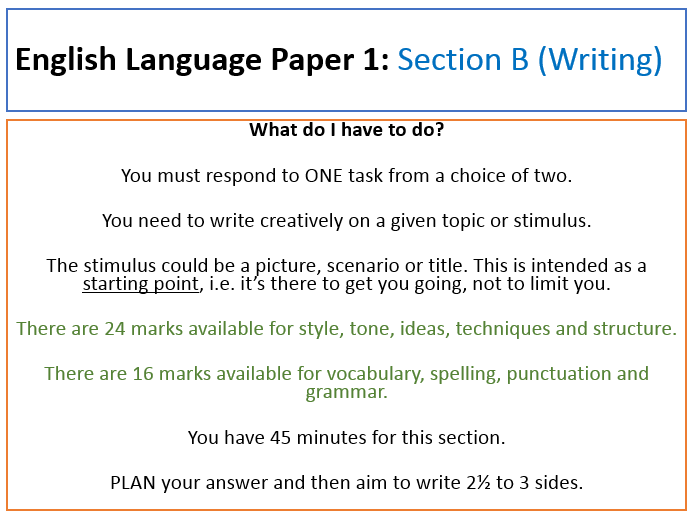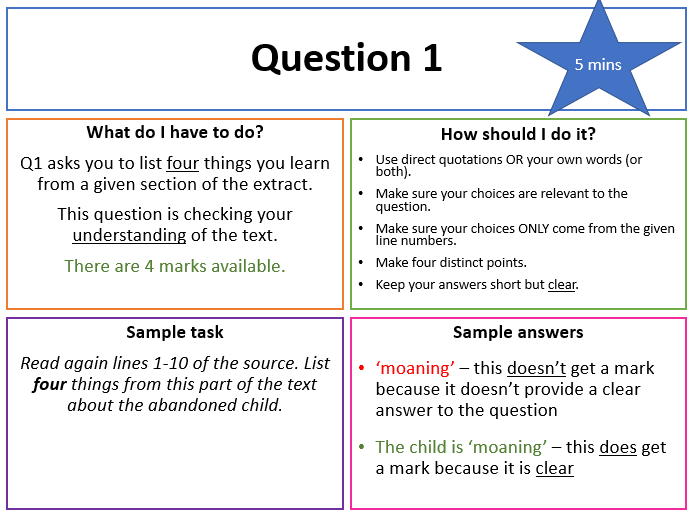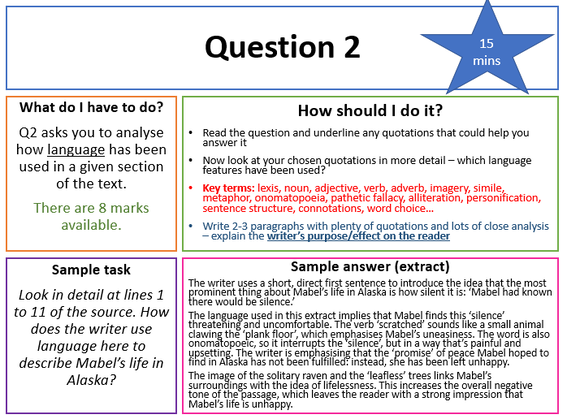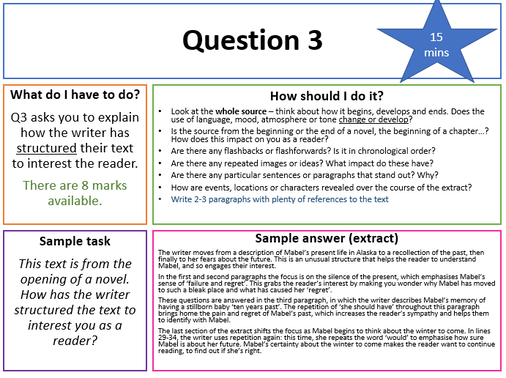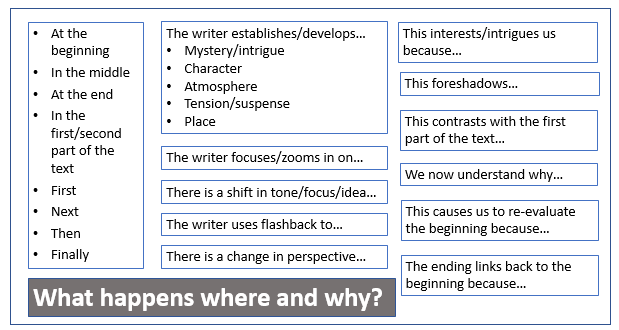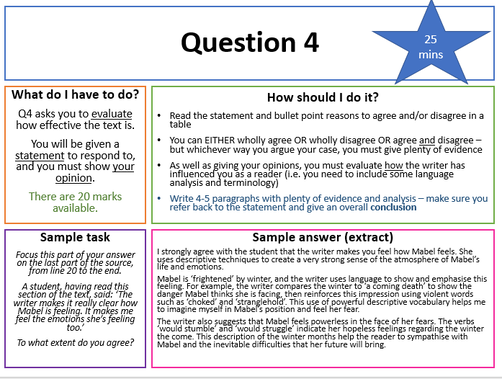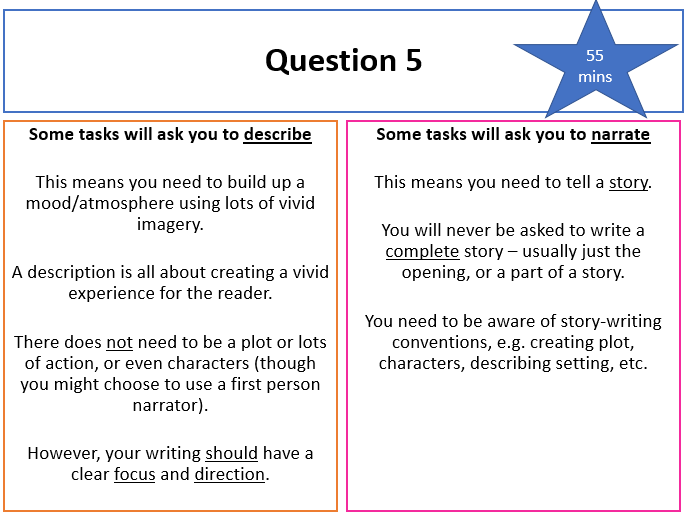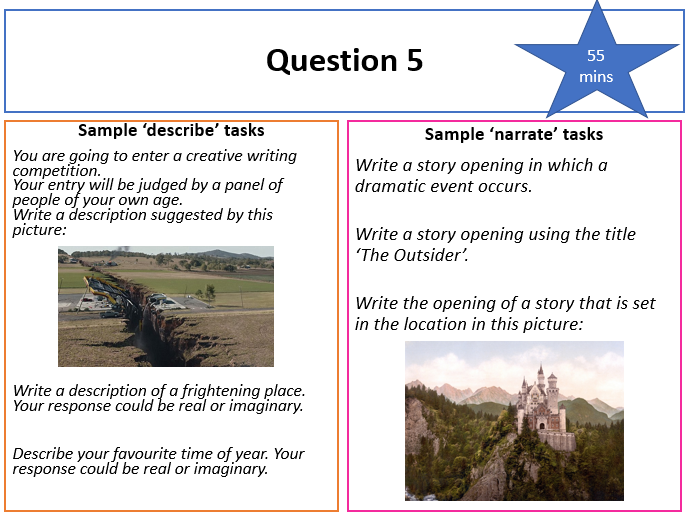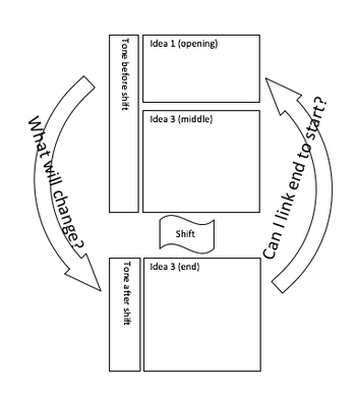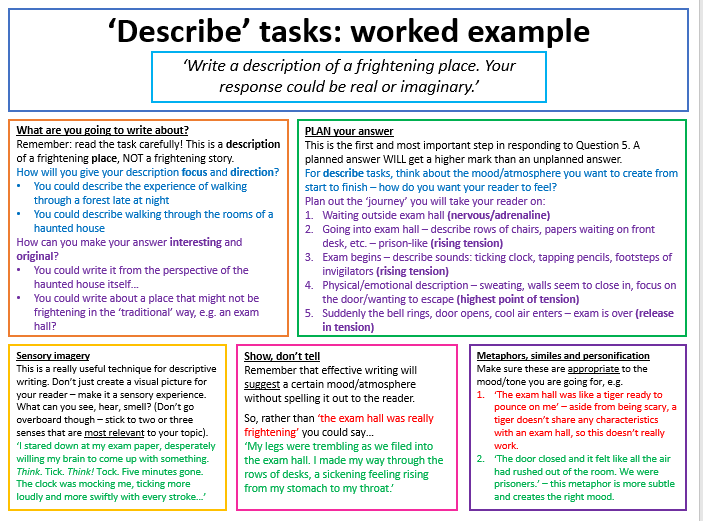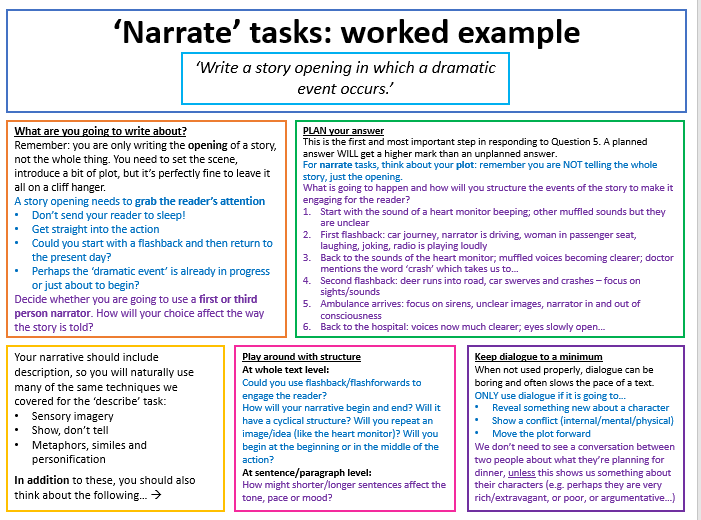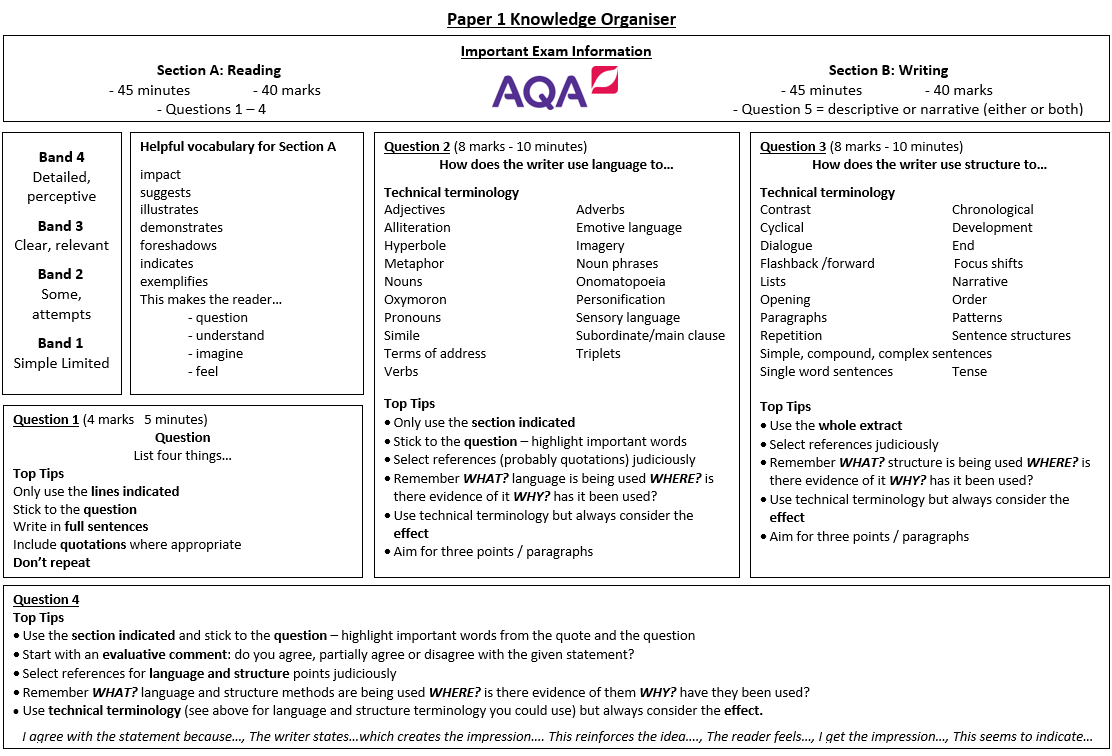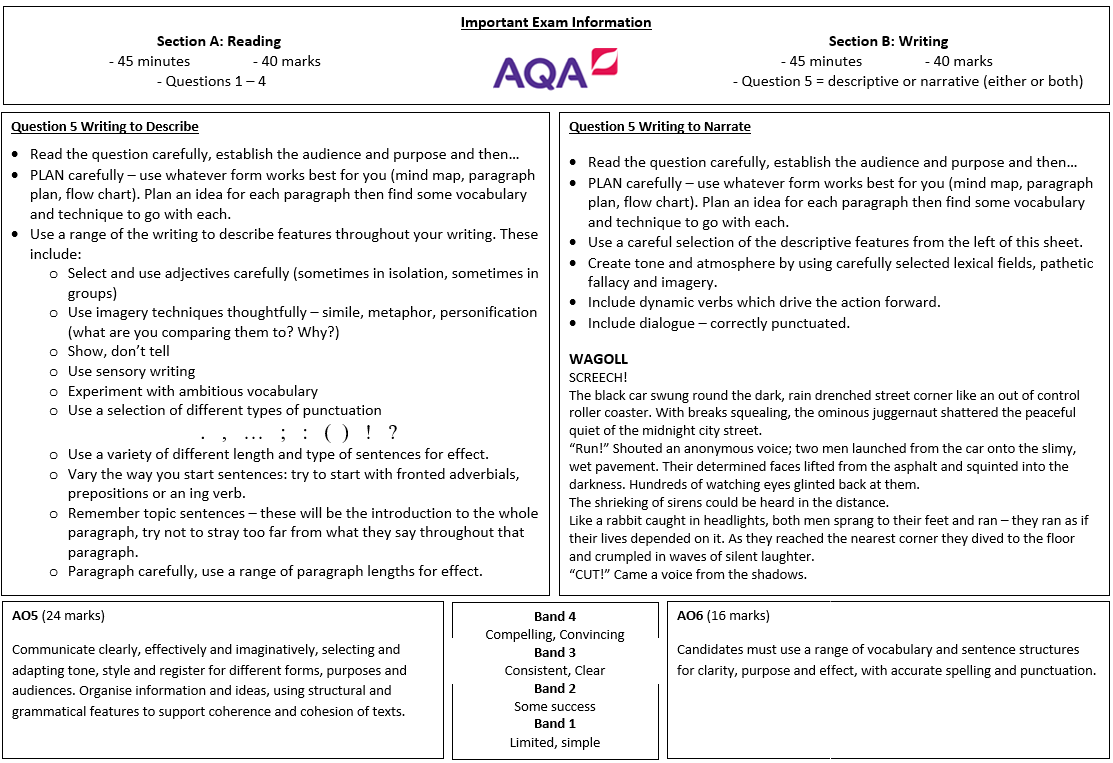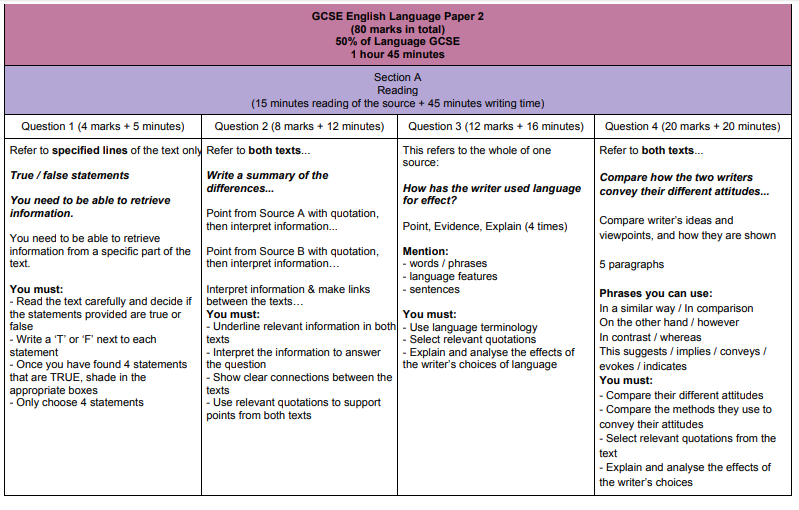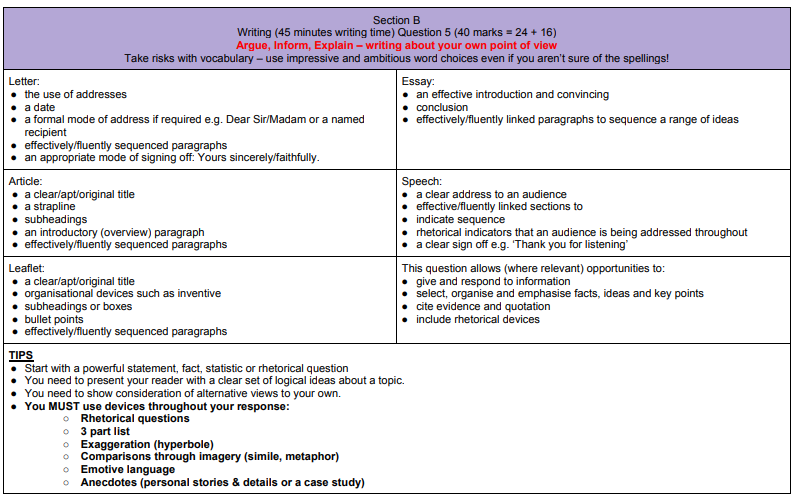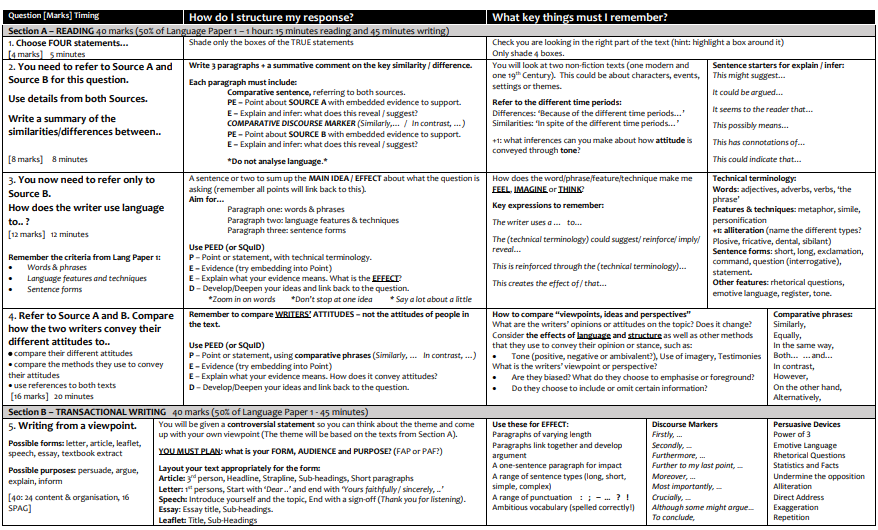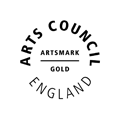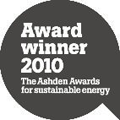|
Accessibility on site
We welcome everyone on site and want every visitor to have a smooth visit to Okehampton College. We are working on developing our signage and accessibility on site for disabled visitors. Our reception area to school has a meeting room and disabled toilet however you may need to access the wider school site. Please can you contact reception on 01837 650910 so we are able to direct you to parking and meet and greet you at our student reception.
We welcome everyone on site and want every visitor to have a smooth visit to Okehampton College. We are working on developing our signage and accessibility on site for disabled visitors. Our reception area to school has a meeting room and disabled toilet however you may need to access the wider school site. Please can you contact reception on 01837 650910 so we are able to direct you to parking and meet and greet you at our student reception.
